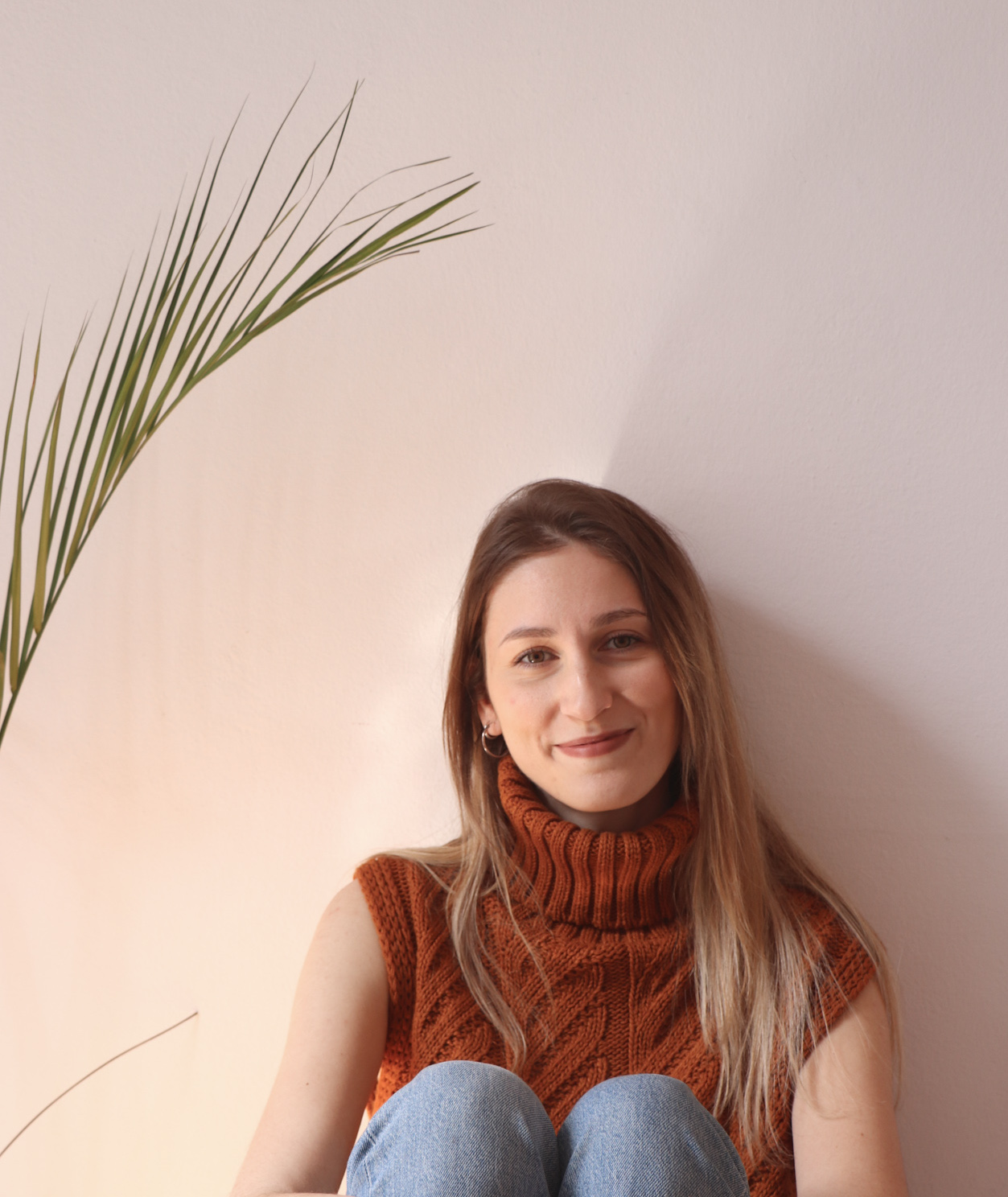Parents are always asking me “how can I make my baby smart and intelligent?” Well, we’ve all heard the quote “babies are like sponges”. But through what processes do babies actually learn? I believe that in order to boost babies’ intelligence, we need to understand the way they learn and work with them and their natural tendencies. In this article, you’ll learn why the early years are important, what your baby is supposed to learn in the early years, and exactly how babies learn. Let’s dive in!
Why are the first 3 years important to a child’s development?
The importance placed on the first three years of life is actually due to brain development. Baby’s brain doubles in size in their first year! And in the first 5 years of life, their brain develops connections faster than at any other time in their lives. Remarkable, isn’t it?
That’s why these years will set a foundation for cognitive, emotional and physical health, as well as their lifelong well-being.
“What is my baby supposed to learn in those first years of life?”
The skills learned in these first and very important early years of life are actually your typical developmental milestones. This includes the four areas of developmental skills –
- Cognitive
- Communication and language
- Social and emotional
- Motor (physical)
(Pro tip – my Sensory Play Guide shows you what skills your baby is learning at various ages, and which activities can help boost these skills.)
The best way for your little one to gain these skills and reach all milestones is by allowing them to experiment through exploratory play, and by creating a secure attachment bond.
We’ll go through this below!
What is the most effective way babies learn?
By experimenting
Babies actually learn in the same way scientists do! By experimenting, analyzing their outcomes, and forming theories about the world around them.
Let’s take the simplest example: your 15 month old is stacking blocks. They put a big block on top of the smaller block, and it keeps falling off. After a while of trying the same thing over and over, they switch the order and put the bigger block on the bottom and the smaller block on top. It works! And they literally just learned a rule of physics. Allowing babies to experiment can make babies smarter!
By engaging their emotions
Also, researchers have found that engaging babies’ emotions activates a sympathetic response in them. Engaging with babies’ emotions doesn’t only spark learning, but it also creates emotionally intelligent little ones and supports healthy attachment.
This can be seen in teasing games. For example, your baby is holding out an object and pretending to give it to you, then playfully pulling it away while smiling. Both of you laugh.
This seems simple enough, but it makes baby understand that it’s a shared feeling that 1) when we hand something over, the object is supposed to move into the other person’s hand. 2) when the object doesn’t move into the person’s hand it can be considered funny & teasing! This develops social skills. 3) This is also a bonding experience for you and creates safe attachment.
So what’s the most effective way babies learn? Through:
- Experimenting.
- Engaging their emotions.
I recommend you use a good mix of the two. Both are important but need to happen separately to enable learning.
Related: 3 easy ways to support your child’s learning at home.
“How can I promote my baby’s skills?”
For promoting specific skills, use what we said above as a foundation. Experimenting and engaging their emotions. Then…
Expose them to new experiences
Using the foundation (experimenting and engaging emotions) I recommend you expose your little one to various different learning opportunities through learning activities. Research has shown that babies learn more and engage longer with new experiences, rather than predictable ones. And it makes sense, doesn’t it? Who would want to do the same activity over and over, especially when your brain makes connections faster than your parents’?!
A great place to start is to download my FREE Sensory Play Guide here. This guide will expose your little one to new materials, experiences and skills that can help them boost their intelligence.
To sum up…
How do babies learn? First of all, the first 3 years of life is a period of rapid growth & learning for children. Then – remember the three E’s – experiment, engage emotions, and expose. Allow your baby to experiment, also engage their emotions to support attachment and learning in a different way, and finally expose them to new experiences.
I hope this article was helpful for you. What did you think of it? Did you learn something new? Let me know in the comments!
Until next time,
Artemis






0 Comments